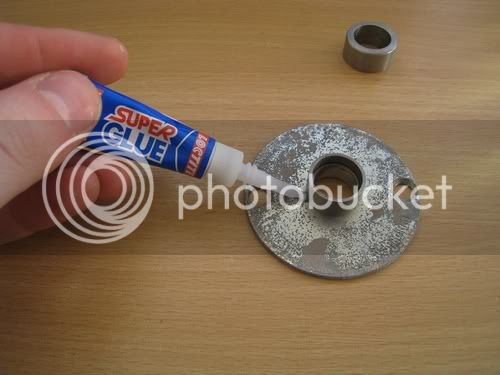gidon
Established Member
I know a few of you use superglue for various things so thought I'd ask some advice ...
I've noticed recently that the stuff seems to vary enormously (strength-wise). I thought originally it was just the viscosity that varied but it's appears it's more than that. And looking at the cost variations too I guess there has to be more to it than viscosity.
So what do you lot recommend (brands) for woodwork / and more general use. And what do you use it for? I like using it instead of double sided tape sometimes, and to glue hairline fractures. Plus for round the house stuff and quick assembly of cardboard mock-ups.
I like the thinnest stuff best. Up until now one recommended here but sorry can't remember who by was the thin stuff from Starloc:
http://stores.ebay.co.uk/StarLoc-Five-S ... esstQQtZkm
But I recently added some Bondloc LV to an order which is far cheaper and seems as good - again thin like water and bonds very quickly.
Cheers
Gidon
I've noticed recently that the stuff seems to vary enormously (strength-wise). I thought originally it was just the viscosity that varied but it's appears it's more than that. And looking at the cost variations too I guess there has to be more to it than viscosity.
So what do you lot recommend (brands) for woodwork / and more general use. And what do you use it for? I like using it instead of double sided tape sometimes, and to glue hairline fractures. Plus for round the house stuff and quick assembly of cardboard mock-ups.
I like the thinnest stuff best. Up until now one recommended here but sorry can't remember who by was the thin stuff from Starloc:
http://stores.ebay.co.uk/StarLoc-Five-S ... esstQQtZkm
But I recently added some Bondloc LV to an order which is far cheaper and seems as good - again thin like water and bonds very quickly.
Cheers
Gidon





